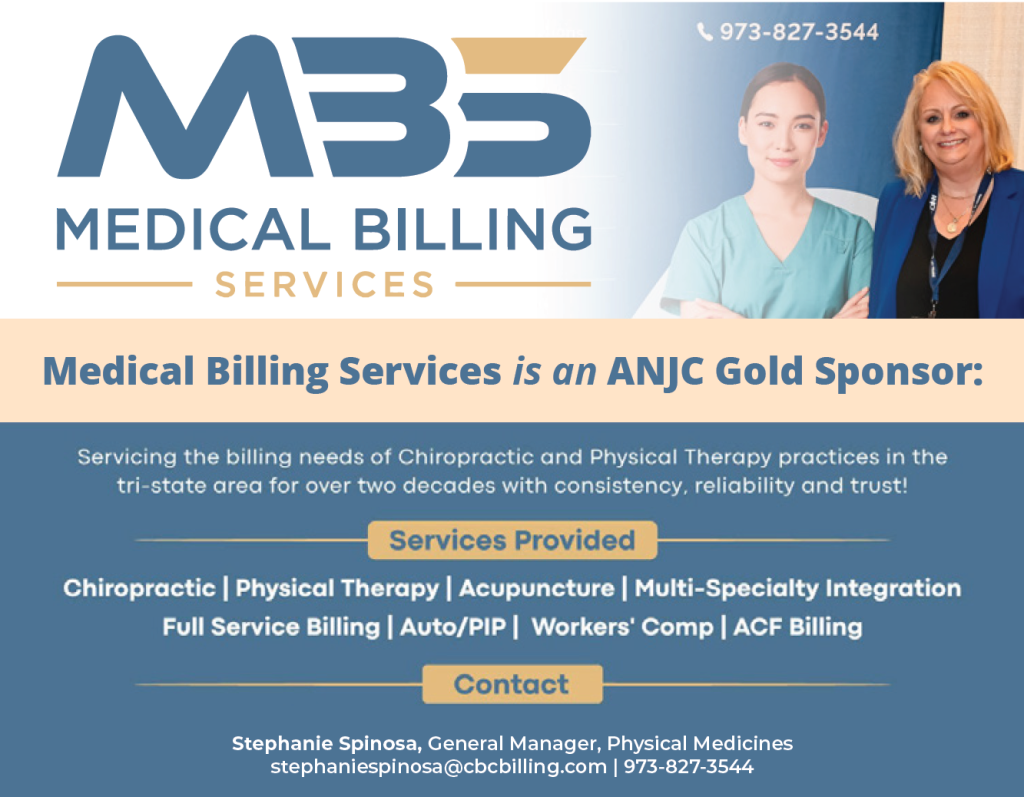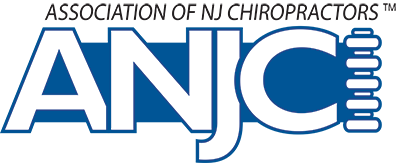By Stephanie Spinosa, General Manager, Physical Medicines, Medical Billing Services (MBS) LLC
It’s no secret we live in an automated world.
It seems everything we touch today has some form of automation attached to it.
Sure, it has its perks, and as a society, we have come to depend on the automation of things, but what exactly is the purpose of automation?
By definition, it’s “the use of machines or technology to perform tasks without much human intervention.” The purpose or approach tries to streamline processes, enhance efficiency, and reduce human error.
While automation brings benefits, we need to ask ourselves what the risks are, if any?
How does automation work in your office?
Most of us have surrendered to automated processes with things like your EHR, billing software, or even how you receive your EOBs via ERA (Electronic Remittance Advice) and how you receive your payments via EFT (Electronic Funds Transfer). In theory, automation should allow us time to move on to the next thing or allow time to see more patients—but does it?
Let’s face it. Automation is pretty cool—until it isn’t. The expectation with automation is that the process will unfold according to how we have set it up. This same principle applies to your practice. Consider the ERAs that you receive. When the claim is processed correctly according to the patient’s benefit, you get paid correctly, and the EOB posts automatically into your software.
However, we know that this is not always the case. Without human intervention, you wouldn’t know if your claims are being processed with discounts, processed with codes denying incorrectly, or if your claim has fallen victim to a proverbial “glitch.” What about the EFTs? Who is checking to confirm that those payments are actually being deposited into your bank account?
Earlier, I mentioned the potential risks of automation. One of the significant risks is related to your financial situation. Auditing should be an integral part of your office’s workflow. Not only does auditing help in identifying errors, but more importantly, it provides an accurate understanding of your office’s financial well-being.
Overreliance on automation technology is risky.
While automation will continue to evolve, human intervention is still essential. It’s crucial to strike a delicate balance between the two. With that said, I’m curious to know—to what extent do you rely on automation?


